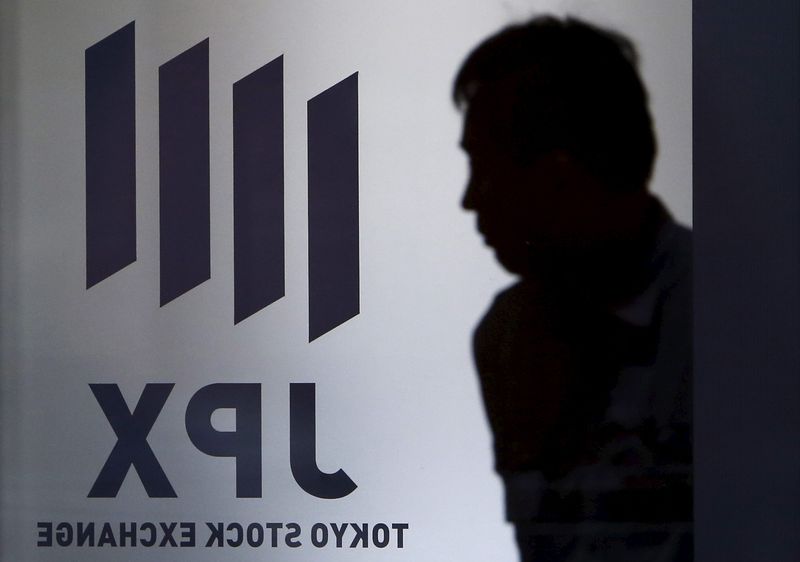Tonix Pharmaceuticals stock halted ahead of FDA approval news
TOKYO, Oct 5 (Reuters) - Japanese shares bounced back on
Monday, led by buying in value firms including railway
companies, after doctors said U.S. President Donald Trump was
recovering well, just a few days after his COVID-19 results
sparked widespread alarm.
The Nikkei share average .N225 rose 1.23% to 23,312.14.
Doctors said the president could be sent back to the White
House as soon as Monday, although they were monitoring the
condition of his lungs after he received supplemental oxygen.
The broader Topix .TOPX rose 1.74% to 1,637.25, with
value-oriented shares .TOPXV gaining 2.20%, outperforming
1.37% gain in growth shares of Topix Growth index .TOPXG .
In particular, railway companies rebounded sharply from
Friday's plunge, in part helped by hopes for increased travel
demand due to the government's campaign to encourage domestic
tourism while the coronavirus keeps many international borders
shut.
East Japan Railway 9020.T , West Japan Railway 9021.T and
Central Japan Railway 9022.T advanced 3.7%, 5.8% and 6.2%,
respectively.
Insurers also did well, with Dai-ichi Life Holdings 8750.T
rising 4.7% and Sompo Holdings 8630.T adding 3.7%.
Nippon Steel 5401.T gained 6% to make steelmakers
.ISTEL.T the best-performing sector.
On the other hand, Nitori 9843.T , one of the stay-at-home
winners, rose just 0.9% after the furniture store chain
operator's June-August earnings fell short of the market's high
expectations.
"In the first half of Japanese financial year, stay-at-home
winners have performed strongly. But as we enter the new half
year, at least so far, they don't seem to have momentum, said
Fumio Matsumoto, chief strategist at Okasan Securities.
Elsewhere, Honda Motor 7267.T gained 2.6% after the
carmaker announced on Friday it would end its participation as
an engine supplier in the FIA Formula One World Championship to
focus on zero-emission technology. NEC 6701.T gained 2.5%, slightly beating the overall
market, after the IT and electronics firm said it would buy
Swiss financial software company Avaloq Group AG for 2.05
billion Swiss francs ($2.2 billion).
